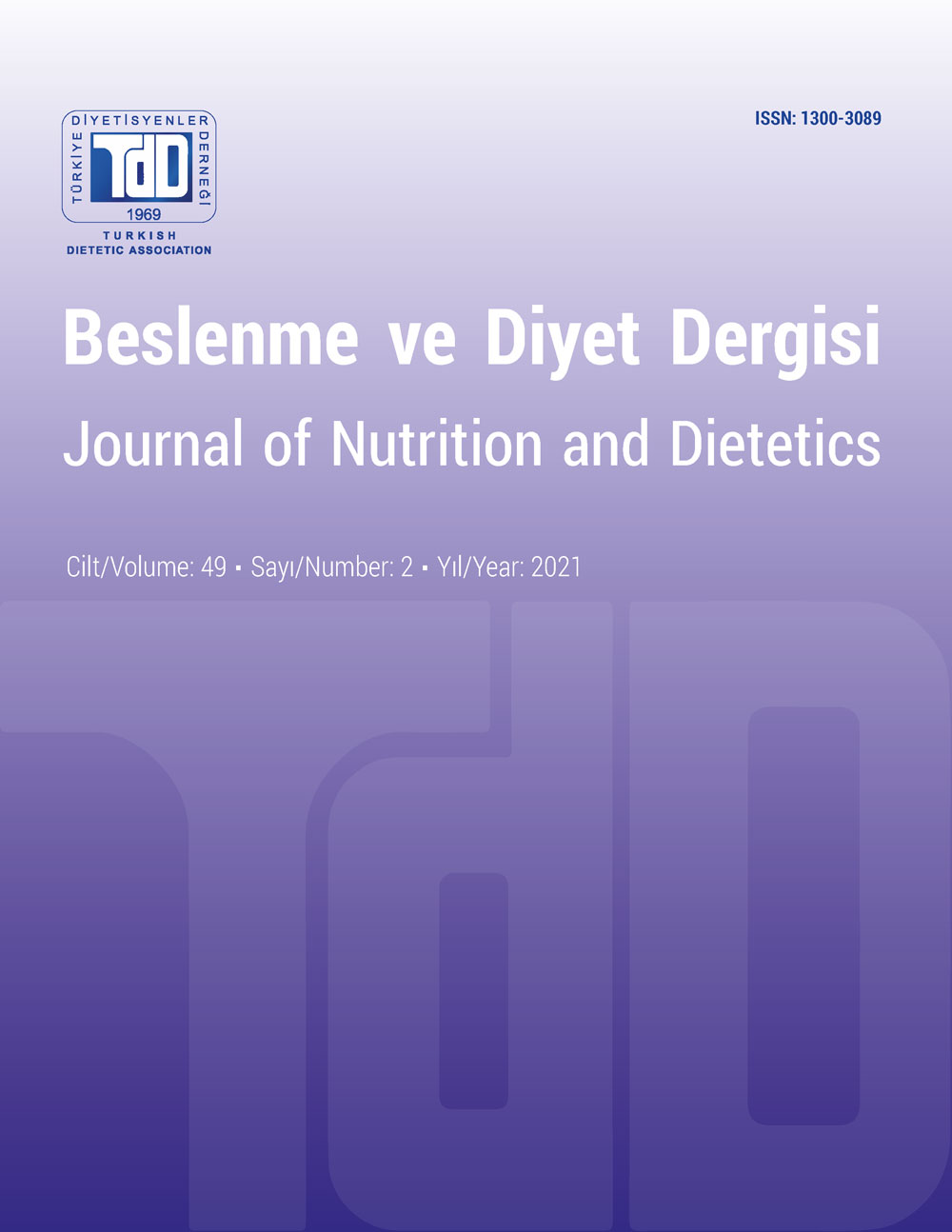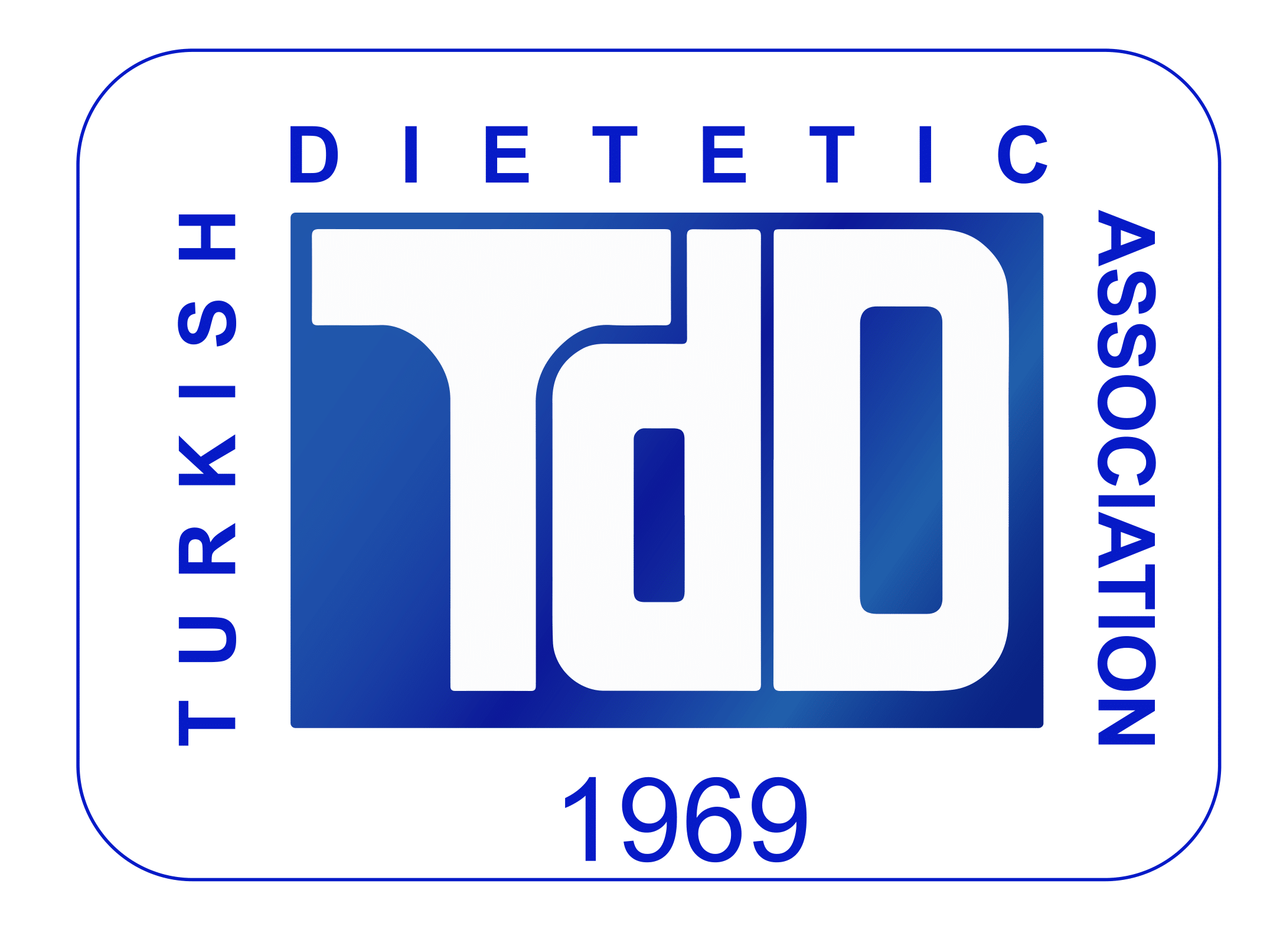Dietary Sugar Intake: Tolerable Upper Intake Level
DOI:
https://doi.org/10.33076/2021.BDD.1512Keywords:
Sugar, added sugar, free sugar, dietary sugar, ULAbstract
Diet contains different kinds of sugars. Some are added to foods during production or cooking, others are naturally present in foods like fruit, vegetables, honey and milk. The potential negative effects of excessive added sugar intake on health outcomes have been an important topic of research in recent years. Studies have linked high added sugar consumption to dental caries, overweight and obesity, as well as various chronic diseases such as metabolic syndrome and cardiovascular diseases. Individuals who consume a high proportion of energy from added sugars were also reported to have poorer diet quality. Health care professionals have been recommending added sugar intake to be limited. Building upon the growing science-based evidence, the World. Health Organization (WHO) updated their guidelines on sugar intake in 2015, which focused on “free sugars,” defined as added sugars plus natural sugars found in honey, syrups, and fruit juices. The new guidelines recommend that free sugar intake should contribute <10% of the total energy intake of the diet, with a further reduction to <5% of total energy for additional health benefits. European Food Safety Authority (EFSA) is publicly consulting on an opinion and will set a science-based Tolerable Upper Intake Level (UL) for dietary sugars from all sources by the end of 2021. National authorities should encourage building healthy food environment and develop, implement and monitor national food and nutrition policies for reducing added/free sugar intake in the diet is needed.

